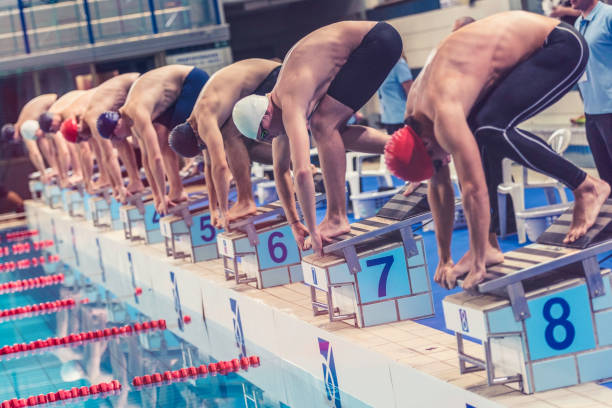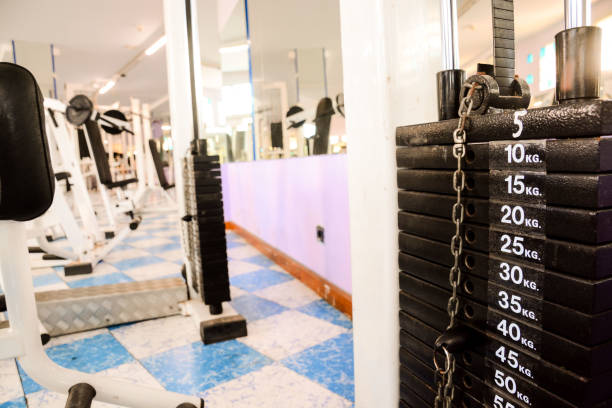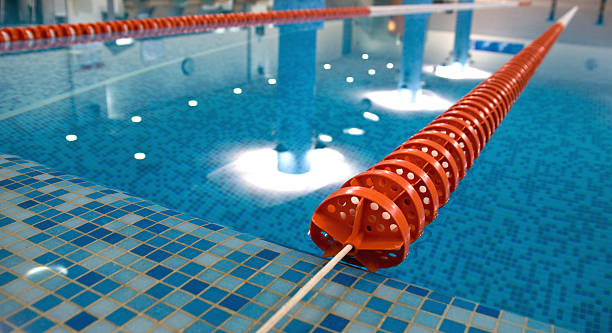
Why You Swim Faster in Swim Practice then in meets
Competitive swimming is a sport that demands not only physical prowess but also a strong mental game. Swimmers often find themselves perplexed when their performance in competition doesn’t align with their training efforts. The self-doubt creeps in: “Am I not as good as I thought? Do I lack talent? Will I ever reach my full potential?”
This nagging frustration is compounded by the inability to pinpoint the exact cause of the performance gap. However, a closer examination of the disparity between training and competition reveals a critical factor: pressure.
Training vs. Competition: A Closer Look
When we juxtapose training and competition, the most notable distinction is the pressure involved. The water remains the same, the pool dimensions don’t change, and your technique should ideally remain consistent. The only variable that significantly differs is how you approach these two scenarios mentally.
The primary reason behind underperforming in competition is often an overemphasis on the outcome. It may seem like a straightforward explanation, but the mental energy invested in obsessing over the final result places an enormous burden on the swimmer, amplifying the pressure they experience during competitions.
Successful swimmers who consistently excel at major events manage to mitigate this pressure, both from within and from external sources. But it’s not an innate skill that only a select few possess; it’s about shifting your perspective.
Becoming Process-Focused
Transitioning from an outcome-driven swimmer to a process-focused swimmer can have transformative effects:
- Reduced Stress and Anxiety: By concentrating on elements within your control, such as your warm-up routine, stretching, and pre-race rituals, you can silence the inner monologue of “what might go wrong.” This shift induces a calming effect, fostering confidence and composure.
- Diminished External Pressure: The weight of external expectations—coaches, parents, teammates, media—loses its grip. Detaching from the final outcome allows you to sidestep anxiety and tension stemming from outside influences.
- Resilience in the Face of Setbacks: Disappointing races no longer have the power to shatter your confidence. With a process-oriented mindset, you can adjust your approach and move forward. A good race, on the other hand, reinforces the effectiveness of your process.
- One Step at a Time: Major competitions, with multiple events in a single night, can be mentally and physically taxing. The approach taken by legends like Michael Phelps in Beijing wasn’t to obsess over the prospect of winning eight gold medals. Instead, he focused on one race at a time, maintaining his mental energy and concentration.
- Master the power of the 1%: Read This
Conclusion
In competitive swimming, your mental outlook can be the deciding factor between a triumphant performance and a lackluster one. Shifting from an outcome-driven mindset to a process-focused one not only minimizes stress and external pressures but also ensures that you continue to enjoy the sport while consistently improving. So, the next time you step onto the pool deck for a major competition, remember to focus on the process, not just the outcome.
Remember: Every race is a step toward your goals. Embrace each one, and you’ll find your path to success in the pool much smoother and more enjoyable.



